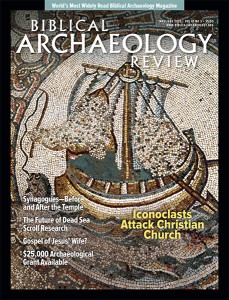
The cosmopolitan nature of the Roman Empire in the first century C.E. reached even to the province of Syria-Palestina, which included Judea and Galilee. Yet it seems clear that the historical Jesus and the New Testament came from a Jewish context, not a Hellenistic one. Peter Schäfer, Perelman Professor of Jewish Studies at Princeton University, describes the current scholarly consensus regarding the Jewishness of Jesus:1
That the historical Jesus was a Jew, that his followers were Jews and that the Gospels as well as the letters written by the apostle Paul are Jewish writings, firmly embedded in first-century C.E. Judaism—all this has become almost commonplace. After long and bitter battles, this fact now has a foothold not only among historians of ancient Judaism but even among the most dedicated Christian theologians and the old influential school of New Testament scholars who tried to relegate the new message of the New Testament to a less Jewish, more Hellenistic background. Indeed, the pendulum has swung far in the opposite direction, with scholars outdoing each other in proving the Jewishness of Jesus and the New Testament, and arguing that there is nothing in Jesus’ message as reflected in the New Testament that oversteps the boundaries of what might be expected from the Judaism of his day.
Already a library member? Log in here.
Institution user? Log in with your IP address.

